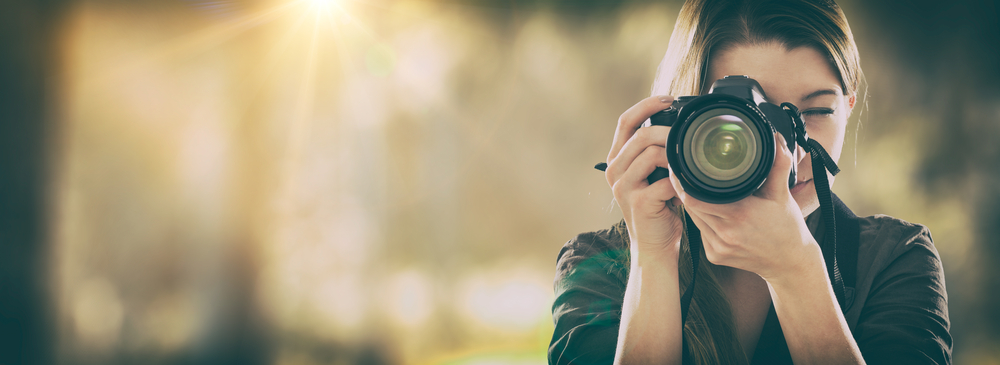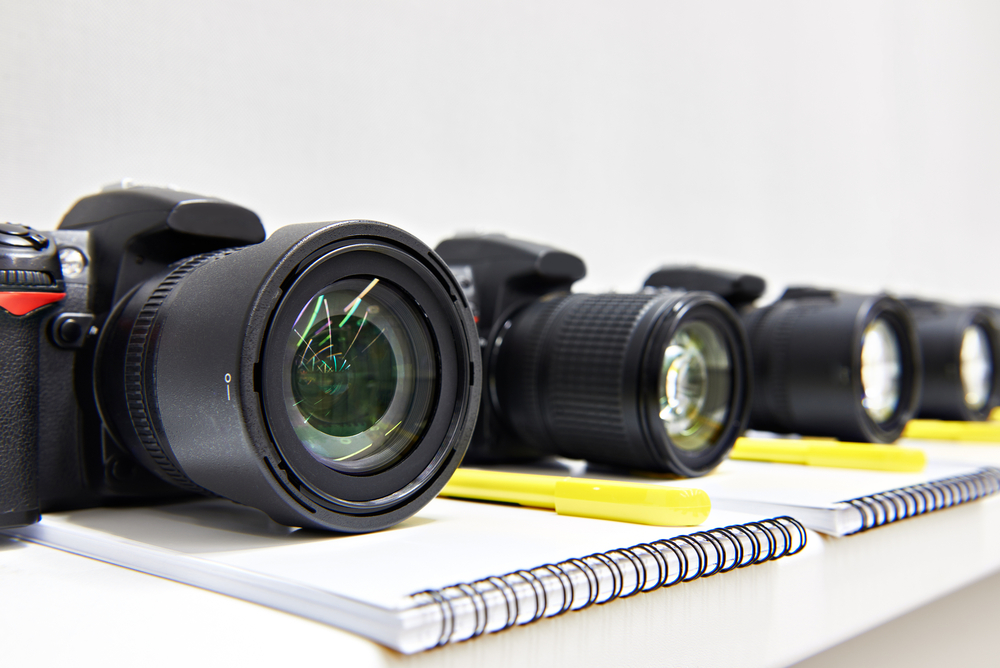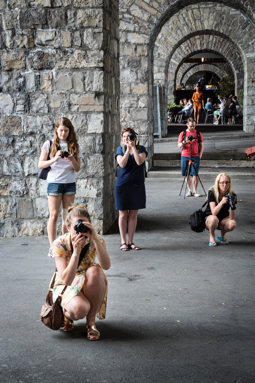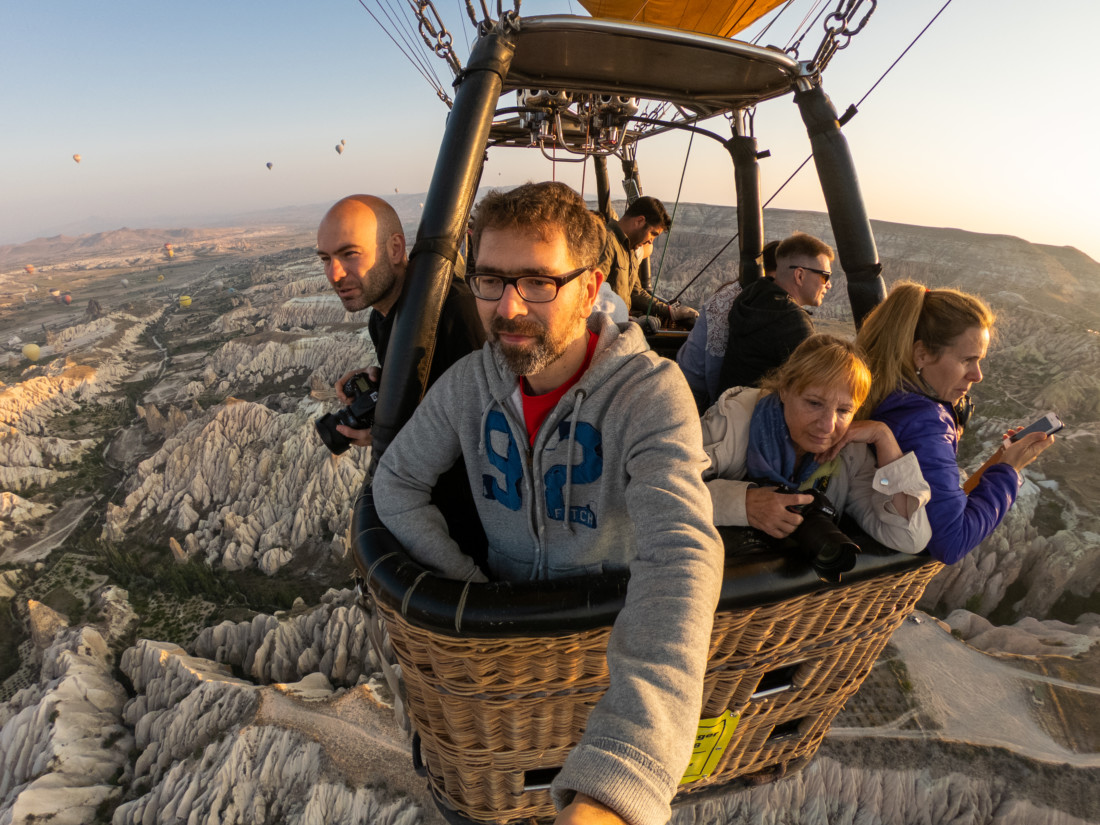You started to take some nice photos with your phone, you get compliments from your friends and family… Now you feel like you would like to make the next step to learn how to use a proper camera and take better pictures.
This is an important step, so tread carefully! Many people give up after some time because of wrong choices.
These are the choices that you have to make as you decide how you can improve your photography:
- Decide on your goal
- Decide online vs classroom
- Choose the provider: Certified School? Any “School”? Or an independent photographer?
- Choose the course based on your level and availability
- Get the relevant equipment / software
- Attend / complete the course and re-evaluate your goal
- Practice, practice, practice
We’re here to help you at each step along the way.

1. Decide on your goal
A new hobby? Become a pro? Better photos of your newborn?
Will be much easier to make choices if you’re already clear what you want. In many cases, it’s always a good idea to start with a beginners workshop, even if you know some basics from past experience.
2. Online vs Classroom learning

Here we recommend a mixed approach: Learn from traditional classroom courses, practice with real people, then close gaps and address specific questions via online materials.
Don’t forget: 97% of the people who buy online programs do not complete those programs: They get stuck, get frustrated and walk away. Why? Because people don’t learn from information alone. In reality, when people encountered by all this information, their reaction usually is “I don’t have time for this, I will come back to this later”. Therefore, an incredibly low completion rate.
See our full article for a comparison and pros and cons.
3. Choosing the photography course provider

There are several options available:
- Online video courses and articles (already discussed above)
- A single independent photographer
- A non-certified school in your area
- A certified school in your area
We recommend a certified institution to guarantee good structure and professionalism during your learning.
| Provider | Best For | Pros | Cons |
|---|---|---|---|
| Free online videos | Get an answer to a specific question | Quick, easy, free | Too many offers, contradicting advices, no personal feedback |
| Online degrees | People with very hectic schedule that changes all the time Can learn from information alone |
Cheaper, available on demand | Only 3% complete an online course No networking Lack the “human touch” |
| Workshops by non-certified photographers / schools | Learn a specific subject from an expert | Direct interaction with an expert in that subject | No guarantee on teaching skills or structure of content Register in advance, less flexibility |
| Workshops by certified schools | Photography as a hobby | Direct interaction Structured content Photographer & Educator Certification after course |
Register in advance, less flexibility More expensive than online |
| Long term workshops from certified schools | Photography as a job or a serious hobby | Learn from multiple people who have succeeded in the business Great mixture of theory and practice Structured progress Learn business side Certification |
Cost Time dedication |
See our full article on how to choose a school and factors to consider in Switzerland.
4. Choose the correct course
You decided to attend a course and now wondering which one to choose.
1. Determine your level.
We recommend our online test to get an idea. In our observation, many people who think they are intermediate level still benefit a lot from a comprehensive beginners course. If you already know what you want, you can skip this step.
2. Determine your availability & budget.
Half / full day workshops usually take place on a weekend, in a very concentrated form. Choose this format if you’re already very busy and just want to see your interest level before committing more hours. You will learn a lot from a good one-day course, but they require you to practice regularly afterwards.
Evening courses cover more subjects and have loads of homework to do in between each session. This allows you to practice in your own pace, make mistakes, ask questions and get feedback from the instructor in the next session and try again the following week. However, they are a bit more expensive and require a bigger time commitment. Our program offers 2 or 3 hours every week over 5 weeks.
Long term courses are ideal if you’re considering becoming pro or converting photography into a serious skill within the shortest amount of time. However, they require a significant investment of time and money, while offering the best learning experience
Our long-term programs, SPC Academy, range from 4 weeks (112 hours) to 8 weeks (224 hours) and to the 1 year program.
Make sure to check our recommended order of courses for learning photography if you decide to take our courses.
5. Get the right equipment & software

Equipment doesn’t matter so much in the beginning. Start with what you already have.
Usually a beginners’ level DSLR or mirrorless plus one or two good lenses are sufficient. For software, you need at least Lightroom.
Check our full article on choosing photography equipment & software for beginners.
6. Attend, complete the course and re-evaluate your goal
For all courses: Make sure to sleep well a day before, read the instructions carefully. Check some key settings on your camera in advance from your users’ manual or via a quick google search, as every camera can be different. Take notes only when necessary, much more important to focus on the instructor during explanations. In Swiss Photo Club, we always share the presentations via email after the course.
For evening courses: Do your homework religiously, make them a part of your weekly routine. Make sure to show also your failed photos to your instructor so that he/she can tell you what went wrong. Offer to meet your classmates during weekend to do the homework together, that can be much more motivating and you might be rewarded with a new best friend J
After you finish the course, check your original goal again, is it still the case? It’s absolutely fine to revise your goal as you grow.

7. Practice, practice, practice
Nothing is going to help you more than experience – so bring your camera everywhere and shoot anything remotely interesting! You can take fifty photography courses, read every book about lighting and exposure and talk about it all day – but taking photos is what is going to allow you to unlock your style and natural skill.
As hundreds of photos build up in your hard disk, you’ll see what needs improvement and where you excel. It’s good to keep some early evidence of your trials and errors so you can look back and see how far you’ve come!

In Swiss Photo Club, we offer two ways of practicing with us:
- Practice workshops: These are 2-hour workshops fully dedicated to practice with an instructor. You can join them one at a time or become a member to join any of them for free & benefit from other members advantages.
- Photography trips: Experience trips is the new trend, for a good reason. We offer trips to incredible locations focused on improving your photography. That means you will always be at the right place at the right time to take incredible pictures, continuously have challenges to complete to improve your photography, have a dedicated instructor with you at all times and spend quality time with other enthusiasts.

